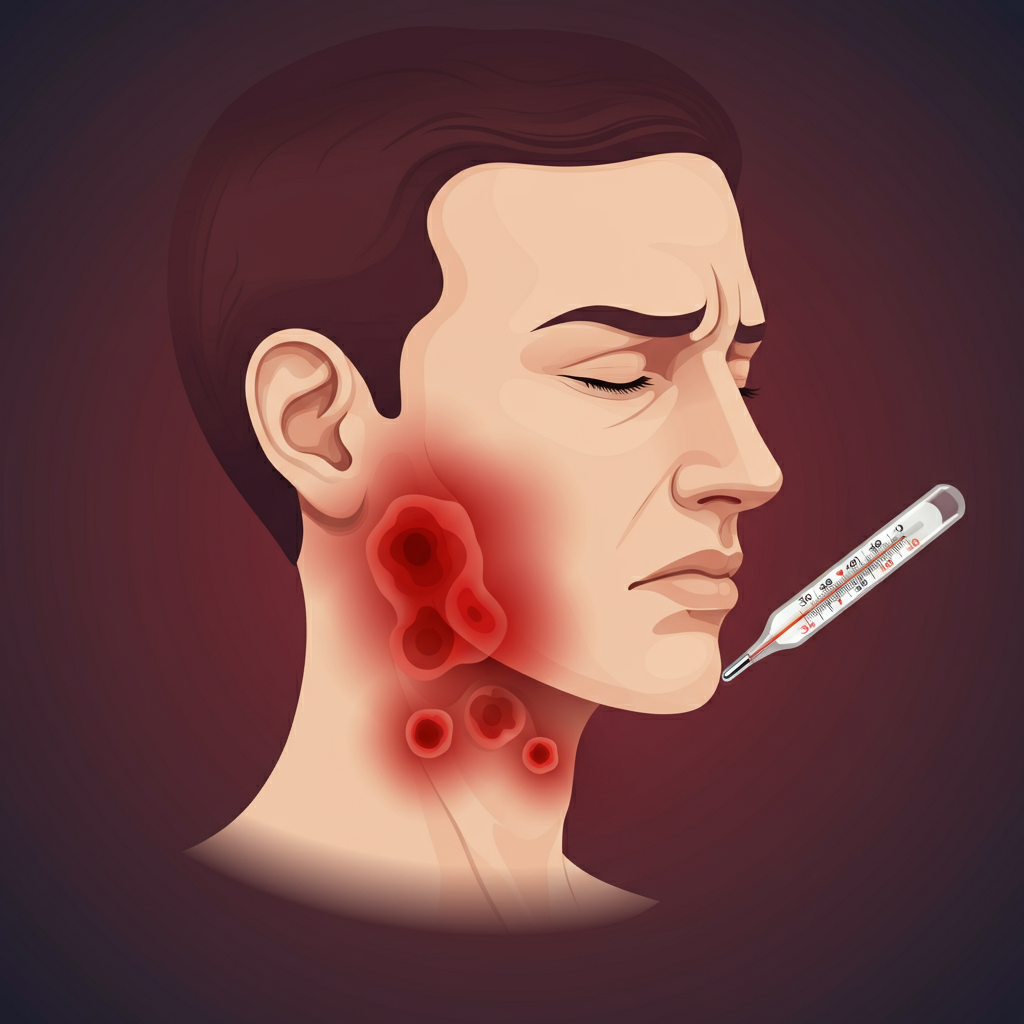Sore Throat Remedies: What Works and When to See a Doctor
A sore throat can be more than just a mild irritation. Whether it’s a scratchy feeling in the back of your throat or an ache that makes swallowing unbearable, a sore throat is a common symptom that everyone encounters eventually. But how can you determine the best way to treat it, and when might it signal something more serious?
This guide explores effective sore throat remedies, tips on prevention, and guidance on when it’s time to call a doctor. Whether you’re a health-conscious adult managing daily wellness or a parent concerned about your little one, this post will provide actionable advice to ease discomfort and maintain proactive health habits.
What Causes a Sore Throat?
A sore throat can result from several factors, ranging from minor irritants to more significant health conditions. Some common causes include:
- Viral infections such as the flu, common cold, or even COVID-19.
- Bacterial infections, particularly strep throat caused by Streptococcus bacteria.
- Environmental irritants like dry air, pollution, or exposure to cigarette smoke.
- Allergies, which can lead to nasal drainage that irritates the throat.
- Strain, often caused by overusing your voice (e.g., shouting or singing).
Understanding the root cause is crucial, as it can guide the choice of treatment.
***
Home Remedies for Sore Throat Relief
Sometimes, the most effective remedies can be found right in your kitchen or medicine cabinet. These tried-and-tested methods not only provide relief but also help reduce inflammation and fight off irritants.
Gargling with Salt Water
How it works: Saltwater creates a natural anti-inflammatory environment in the throat by osmosis, reducing swelling and flushing out irritants.
- How to do it: Mix 1/2 teaspoon of salt in a glass of warm water. Gargle for 30 seconds and spit it out. Repeat up to three times daily.
- Expert tip: “Gargling with warm salt water can reduce swelling and keep the throat clean, making it an effective first-line remedy,” says Dr. Jane Doe, ENT Specialist.
Honey and Lemon
The perfect duo for soothing throat pain: Honey has antimicrobial properties and acts as a natural cough suppressant, while lemon provides vitamin C and reduces mucus.
- How to make it: Add one tablespoon of honey and a squeeze of fresh lemon juice into a cup of warm water or tea.
- Pro tip: Avoid giving honey to children under one year old due to the risk of botulism. “Honey is a natural cough suppressant and soothes the throat, but it’s not suitable for young infants,” explains Dr. John Smith, Pediatrician.
Herbal Teas
Teas like chamomile, ginger, or licorice root don’t just work as warm, comforting drinks; they’re loaded with anti-inflammatory and antiviral compounds.
- Why it works: Chamomile is known for its calming properties, while ginger fights inflammation. Licorice root, on the other hand, can help reduce throat pain.
- Usage tip: Sip slowly and inhale the steam for added relief. Herbal teas can also help you stay hydrated, which is crucial when recovering.
Over-the-Counter Pain Relievers
Non-prescription medications can be helpful in managing pain and swelling.
- What to consider: Acetaminophen (Tylenol) or ibuprofen (Advil) are commonly used options. Follow dosage instructions and consult a doctor if unsure.
- Precaution: Always read the medication label carefully and avoid exceeding the recommended dose.
***
When to See a Doctor

While most sore throats resolve within a few days with at-home remedies, some cases may require professional medical attention.
Symptoms That Warrant Medical Attention
See a doctor if you experience any of the following:
- Severe throat pain that persists for more than a week.
- Difficulty breathing or swallowing.
- High fever over 101°F without other cold symptoms.
- Pus or white patches in the back of the throat.
- Swollen lymph nodes in the neck.
- A rash accompanying throat pain (may indicate strep throat or scarlet fever).
Potential Complications of Untreated Sore Throat
Ignoring a persistent sore throat can lead to complications, including:
- Tonsillitis or inflammation of the tonsils.
- Abscesses, which require drainage.
- Rheumatic fever, a rare but serious consequence of untreated strep infections.
Understanding Strep Throat
Strep throat, caused by Streptococcus pyogenes, is a bacterial infection requiring prompt treatment.
- Diagnosis: Your doctor may conduct a quick throat swab test.
- Treatment: Antibiotics like penicillin or amoxicillin are usually prescribed. Completing the full course of antibiotics is crucial to prevent complications.
***
Prevention Tips
An ounce of prevention is worth a pound of cure, especially when it comes to avoiding a sore throat.
Good Hygiene Practices
- Wash your hands frequently, especially after coughing, sneezing, or touching public surfaces.
- Avoid close contact with sick individuals.
- Sanitize commonly touched areas, like doorknobs and smartphone screens.
Boost Your Immune System
- Eat a balanced diet rich in fruits, vegetables, and lean proteins.
- Get enough sleep to allow your body to recover and strengthen.
- Incorporate regular exercise into your routine to maintain overall wellness.
Environmental Factors to Consider
- Use a humidifier during the winter months to prevent dry air from irritating your throat.
- Stay hydrated throughout the day to keep your throat moist and your body functioning optimally.
- Limit exposure to smoke or other irritants.
***
Make Your Health a Priority
Now that you know how to identify, treat, and prevent a sore throat, you’re better equipped to manage this common ailment. For minor throat irritation, start with simple home remedies like gargling salt water or sipping on honey-lemon tea. Remember to monitor symptoms, and don’t hesitate to consult a doctor if signs point to something more serious.
Staying proactive about your health is the best way to stay ahead of infections and maintain well-being. Prioritize hygiene, boost your immune system, and create an environment that supports good health. If you have lingering concerns or persistent symptoms, medical professionals are there to ensure you get back to feeling your best.
***



Pingback: Physician vs. Doctor: What’s the Difference?